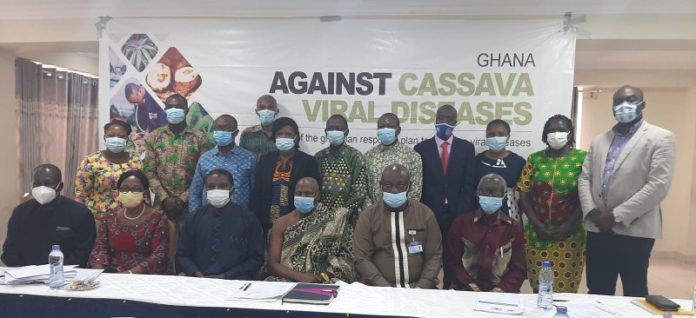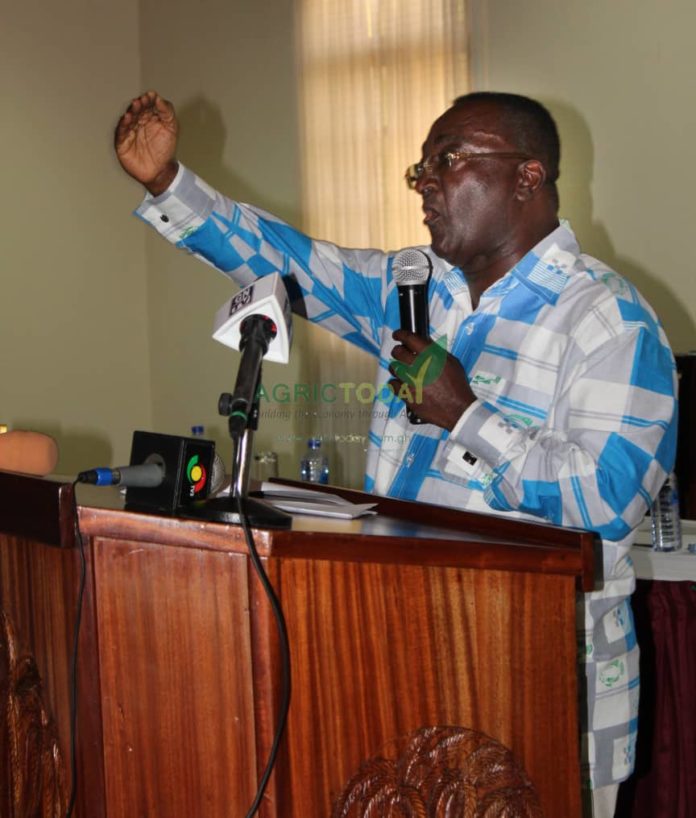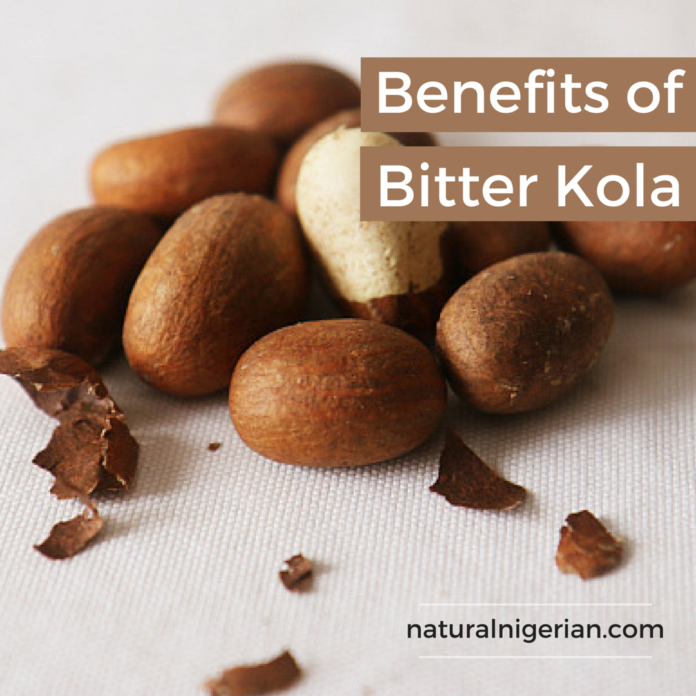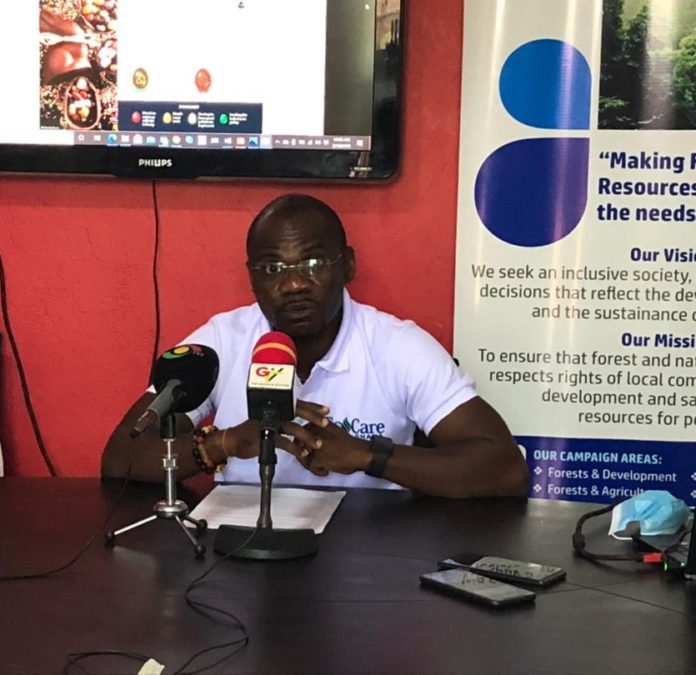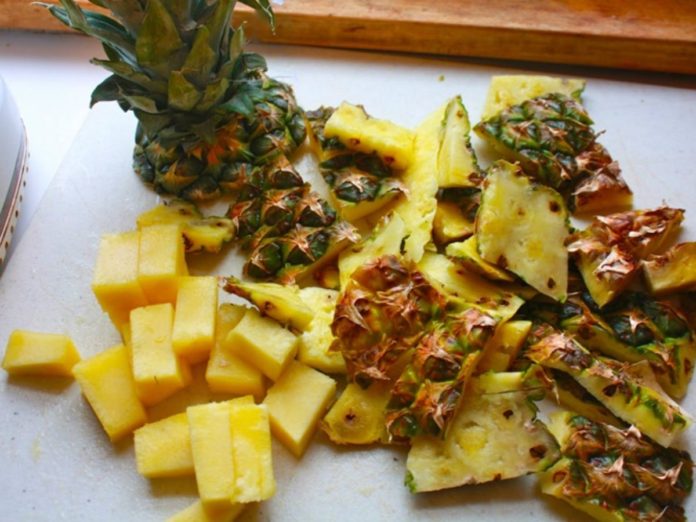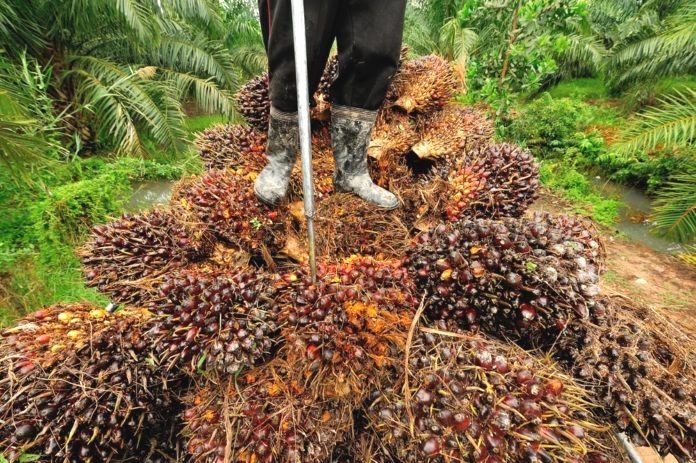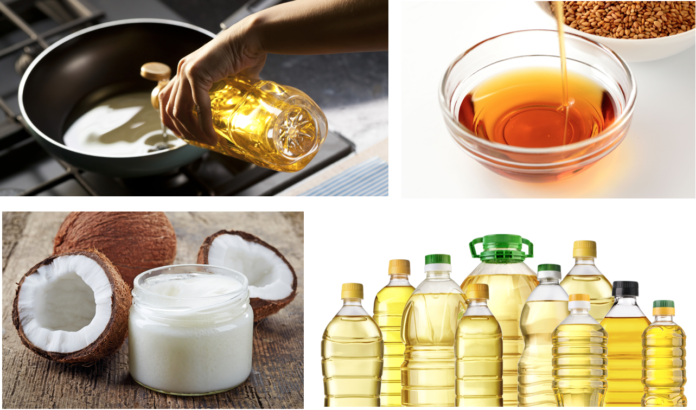Everyone experiences an upset stomach and indigestion, or dyspepsia, from time to time after eating or drinking. The condition is usually no cause for concern, and it is often possible to treat the symptoms using home remedies.
Common symptoms of an upset stomach and indigestion include:
Heartburn, or acid reflux
Nausea
Bloating
Gas
Belching, sometimes bringing up bitter or foul-tasting fluid or food
Farting
Bad-smelling or sour breath
Hiccupping or coughing
Some of the most popular home remedies for an upset stomach and indigestion include:
Drinking water
Dehydration can increase the likelihood of an upset stomach.
The body needs water to digest and absorb nutrients from foods and beverages efficiently. Being dehydrated makes digestion more difficult and less effective, which increases the likelihood of an upset stomach.
In general, the Health and Medicine Division (HMD) recommends that:
Women should have around 2.7 liters (l), or 91 ounces (oz), of water a day
Men should have about 3.7 l, or 125 oz, of water a day
Around 20 percent of this will come from food, with the rest coming from beverages. For most people, a good figure to aim for is approximately 8 or more cups of water a day. Younger children require slightly less water than adults.
For those with digestive issues, it is imperative to stay hydrated. Vomiting and diarrhea can lead to dehydration very quickly so people with these symptoms should keep drinking water.
Avoiding lying down
When the body is horizontal, the acid in the stomach is more likely to travel backward and move upward, which can cause heartburn.
People with an upset stomach should avoid lying down or going to bed for at least a few hours until it passes. Someone who needs to lie down should prop up their head, neck, and upper chest with pillows, ideally at a 30-degree angle.
Ginger
Ginger is a common natural remedy for an upset stomach and indigestion. Ginger contains chemicals called gingerols and shogaols that can help speed up stomach contractions. This may move foods that are causing indigestion through the stomach more quickly.
The chemicals in ginger may also help to reduce nausea, vomiting, and diarrhea. People with an upset stomach could try adding ginger to their food or drinking it as tea. Some all-natural ginger ales may also contain enough ginger to settle an upset stomach.
Ginger tea is widely available to buy in supermarkets and online.
Mint
In addition to sweetening the breath, the menthol in mint may help with the following:
Preventing vomiting and diarrhea
Reducing muscle spasms in the intestines
Relieving pain
Researchers Trusted Source have found that mint is a traditional treatment for indigestion, gas, and diarrhea in Iran, Pakistan, and India.
Raw and cooked mint leaves are both suitable for consumption. Traditionally, people often boil mint leaves with cardamom to make tea. It is also possible to powder or juice mint leaves and mix them with other teas, beverages, or foods. Mint leaves are widely available in health stores and online.
Sucking on mint candies might be another way to help reduce the pain and discomfort of heartburn.
Taking a warm bath or using a heating bag
Heat may relax tense muscles and ease indigestion, so taking a warm bath may help to ease the symptoms of an upset stomach. It could also be beneficial to apply a heated bag or pad to the stomach for 20 minutes or until it goes cool.
BRAT diet
Doctors may recommend the BRAT diet to people with diarrhea. BRAT stands for Bananas, Rice, Applesauce, and Toast. These foods are all starchy, so they can help bind foods together to make stools firmer. This may decrease the number of stools a person passes and help ease their diarrhea.
As these foods are bland, they do not contain substances that irritate the stomach, throat, or intestines. Therefore, this diet can soothe the tissue irritation resulting from the acids in vomit.
Many of the foods in the BRAT diet are also high in nutrients such as potassium and magnesium and can replace those lost through diarrhea and vomiting.
Avoiding smoking and drinking alcohol
Smoking can irritate the throat, increasing the likelihood of an upset stomach. If the person has vomited, smoking can further irritate the tender tissue already sore from stomach acids.
As a toxin, alcohol is difficult to digest and can cause damage to the liver and stomach lining.
People with an upset stomach should avoid smoking and drinking alcohol until they are feeling better.
Avoiding difficult-to-digest foods
Some foods are harder to digest than others, which increases the risk of an upset stomach. Anyone with an upset stomach should avoid foods that are:
Fried or fatty
Rich or creamy
Salty or heavily preserved
Lime or lemon juice, baking soda, and water
Some studies suggest that mixing lime or lemon juice in water with a pinch of baking soda can help to relieve a variety of digestive complaints.
This mixture produces carbonic acid, which may help to reduce gas and indigestion. It may also improve liver secretion and intestinal mobility. The acidity and other nutrients in lime or lemon juice can help to digest and absorb fats and alcohol while neutralizing bile acids and reducing acidity in the stomach.
Most traditional recipes recommend mixing the following quantities:
1 tablespoon (tbsp) of fresh lemon or lime juice
1 teaspoon (tsp) of baking soda
8 oz of clean water
Rice
Plain rice is useful for people with many types of stomach complaints. It can help by:
Adding bulk to stool
Absorbing fluids that may contain toxins
Easing pain and cramps, because of its high levels of magnesium and potassium
Someone who is vomiting or has diarrhea could try slowly eating half a cup of plain, well-cooked rice. It is best to wait until at least a few hours after the last episode of vomiting. The person may continue to do this for 24–48 hours until diarrhea stops.
Rice is also part of the BRAT diet that doctors often recommend.
Coconut water
Coconut water contains high levels of potassium and magnesium. These nutrients help to reduce pain, muscle spasms, and cramps.
Coconut water is also useful for rehydrating and is a better option than most sports drinks as it is also low in calories, sugar, and acidity.
Slowly sipping on up to 2 glasses of coconut water every 4–6 hours could ease upset stomach symptoms.
Bananas
Bananas contain vitamin B6, potassium, and folate. These nutrients can help to ease cramps, pains, and muscle spasms. Bananas can also help by adding bulk to loose stools, which can alleviate diarrhea.


